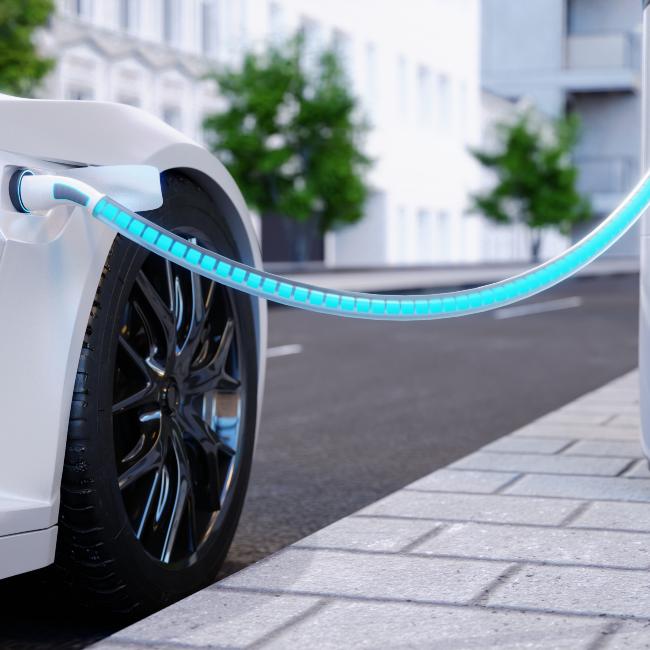Buzz Haven: Your Daily Dose of News
Stay informed and entertained with the latest buzz in news, trends, and insights.
Shocking Truths About Electric Cars You Never Knew
Discover shocking truths about electric cars that will change how you view them forever! Uncover what the industry doesn't want you to know.
The Hidden Costs of Electric Cars: What You Need to Know
While electric cars (EVs) are often praised for their environmental benefits and lower fuel costs, it's essential to consider the hidden costs that can arise. One significant factor is the price of replacement batteries, which can range from $5,000 to $15,000 depending on the vehicle model and battery capacity. Additionally, maintenance costs for electric vehicles, such as the replacement of tires and brake pads, may be higher due to the added weight of battery systems. It's also important to factor in insurance premiums, which can be steeper for electric cars compared to their gasoline counterparts.
Furthermore, the costs of charging infrastructure cannot be overlooked. Installing a home charging station can range from $500 to $2,000, depending on the electrical work needed and the charger type. Also, while many public charging stations are free, some providers charge fees that can add up over time. A study by the U.S. Department of Energy indicates that charging at commercial locations may cost significantly more. As you consider transitioning to an electric vehicle, it's crucial to evaluate these hidden costs to make an informed decision.

Are Electric Cars Really Better for the Environment? The Surprising Truth
The debate over whether electric cars are truly better for the environment encompasses various factors, including manufacturing processes, energy sources, and lifecycle emissions. While it's often argued that electric vehicles (EVs) produce zero tailpipe emissions, the reality is more complex. Manufacturing lithium-ion batteries involves considerable environmental impact, not only from the extraction of raw materials like lithium and cobalt but also from the energy-intensive processes involved in production. A report from the Nature Energy journal highlights that while EVs have lower emissions over their lifetime compared to internal combustion engine vehicles, the environmental benefits can vary significantly depending on the energy mix of the electricity used to charge them.
Furthermore, the sustainability of electric cars also hinges on advancements in renewable energy sources. As more nations transition to solar, wind, and other clean energy options, the carbon footprint of charging EVs diminishes, making them increasingly eco-friendly. A study by the Union of Concerned Scientists illustrates this shift, demonstrating that in regions powered by renewable energy, EVs can reduce greenhouse gas emissions by up to 70% compared to gasoline vehicles. Thus, while electric cars have the potential to be better for the environment, their overall impact largely depends on how we generate and consume electricity.
5 Myths About Electric Cars Debunked: What Most People Get Wrong
Electric cars are often misunderstood, leading to the proliferation of various myths that deter potential buyers. One prevalent myth is that electric vehicles (EVs) are too expensive for the average consumer. In reality, while the initial purchase price of an EV may be higher than that of a gasoline-powered vehicle, the total cost of ownership can be significantly lower when considering fuel savings and maintenance costs. According to the U.S. Department of Energy, many states also offer tax incentives that can reduce the effective purchase price, making electric cars more accessible than ever.
Another common misconception is that electric cars are not suitable for long-distance travel. In truth, the advanced battery technology in modern EVs allows for impressive ranges, with many models exceeding 300 miles on a single charge. Moreover, the growing network of charging stations across the country has made it increasingly convenient for drivers to recharge during long trips. As technological advancements continue, charging time is shrinking, making long-distance travel in electric cars not only feasible but also practical.